The bilateral relations between Indonesia and Pakistan are getting stronger. Cooperation in various area, such as defense, education and culture, maritime affairs, as well as economy and trade, should be further enhanced.
This statement was made by The Charge d ‘Affaires of Embassy of Pakistan to Indonesia H.E. Sajjad Haider Khan during an exclusive interview with a team of the MINA News Agency’s Journalist at the Pakistan Embassy in Jakarta, Thursday.
H.E. Sajjad Haider Khan received the team of MINA News Agency Journalists escorted by Imaamul Muslimin Yakhsyallah Mansur, Consisting of MINA General Leader Arief Rahman, Senior Editor Widi Kusnadi, Head of Coverage Rana Setiawan, Arab Editor-in-Chief Rifa Berliana Arifin, British Chief Editor Sajadi, International Desk Journalists Sri Astuti, and Photographer Abdullah.
On this occasion, Imaamul Muslimin Yakhsyallah Mansur congratulated Pakistan’s Independence Day which falls on August 14.
Also Read: Strengthening Bridges of Friendship and Cooperation between Indonesia and African Countries
“We hope, with freedom which is a blessing from Allah Subahu wa ta’ala, it can make the Pakistan People more prosperous and be able to spread Islam that is rahmatan lil alamin,” said Imaam Yakhsyallah to Sajjad.
Likewise, Sajjad conveyed his congratulations and messages on the 75th Anniversary of the Independence of the Republic of Indonesia.
Following is the full interview:
MINA: Indonesia and Pakistan have a long history of friendship and cooperation. What would you like to do to enhance cooperation in the future, and what the priorities in the economy and trade sector?
Sajjad: Previously, on behalf of the people and government of Pakistan, I would like to convey the warmest congratulations and a sense of brotherhood to the government and the people of Indonesia on the 75th Anniversary of the Republic of Indonesia’s Independence.
Pakistan is very proud of the fact that around 600 Muslim soldiers from Pakistan took part in the struggle for independence with their Indonesian brothers in 1945. While about 500 of these soldiers gave their lives and were buried on Indonesian soil, several families remained in various areas of the country. Indonesia as a proud Indonesian citizen.
The two countries enjoy deep-rooted, friendly and fraternal relations based on shared history, culture and religious commonalities and aspirations for global peace and stability.
The two countries have also signed more than three dozen Agreements and MOUs including cooperation mechanisms under the Bilateral Consultative Forum, the Policy Planning Dialogue, the JWG on Terrorism, the Defense Cooperation Agreement and the Preferential Trade Agreement which provide the necessary basis for expanding bilateral relations.
Also Read: Constitutional Mandate, Indonesia Rejects Presence of Israeli Colonists
Last year, the two sides also agreed on a Security Dialogue Framework that covers various fields. The First Security Dialogue is likely to be held later this year.
Pakistan itself is currently promoting trade, investment and tourism. We are very pleased to see that bilateral trade, person-to-person contact and interactions between the governments of the two countries are progressively developing.
Apart from trade in goods, we feel that the service sector in particular Tourism, and Information Technology (ICT) and educational collaboration is very important with great potential for further collaboration. The two countries seek to bring the scientific community, higher education, and scholars closer together to expand relations.
Bilateral trade figures touched the highest level of USD 3 billion in 2018. Pakistan is one of the main destinations for Indonesian Crude Palm Oil. Due to a number of issues including Covid-19, our trade has experienced some decline in the past, which we must fix in the coming years through continued efforts in the field of economic diplomacy.
Also Read: Ambassador: Climate Change is the Main Cause of Floods in Pakistan
I am sure that the excellent bilateral relations between our two countries will be further strengthened in the coming years.
Although there are some differences between the two countries, Indonesia and Pakistan have had a longstanding relationship.
Indonesia and Pakistan were two different regions and were under different colonial powers. We were colonized by the England, you (Indonesia) were colonized by the Dutch who spoke two different languages. Pakistan has historically had closer ties with Commonwealth countries. But with Indonesia itself, the historical relations between the two countries have also been established for a long time.
We emphasize that trade is an important area for both the Indonesian and Pakistani governments. It keeps moving forward and growing. We currently receive in addition to nearly $2 billion worth of palm oil every year, your coal is also sent to Pakistan as well as a variety of vegetables and spices and many other things.
Also Read: Exclusive Interview: Russian Mufti Talks about War Propaganda to Islamophobia in Russia
Currently Pakistan is developing its tourism sector. We hope that in the future there will be many Indonesians visiting Pakistan.
The tourism sector is one of area where we want to expand our cooperation. Maybe people do not know that Pakistan has a beautiful paradise. We are one of the largest Muslim-majority countries. So Indonesians will truly feel at home when visiting Pakistan, with different landscapes, society and culture.
All Sectors are open for cooperation.
MINA: Indonesia always supports Pakistan in the Kashmir issue. What is your country hope any more to Indonesia?
Sajjad: We really appreciate Indonesia for being active, especially during the presidency at the UN Security Council this month. Our Minister of Foreign Affairs has discussed over the phone the issue of Kashmir with the Indonesian Foreign Minister several days ago.
Indonesia has a foreign policy which states that Pakistan and India are close friends of Indonesia. Then said the problems of the two countries must be resolved through peaceful dialogue.
Ok, this is an Indonesian foreign policy that we must respect. But we want Indonesia to comply with constitutional policies that protect minorities and their rights.
But the Indian government does not protect their minorities, especially Muslims in Kashmir. In fact, they consider Hinduism to be the only religion in India and people in other religions do not have the same rights.
Also Read: AMBASSADOR TALKS/Russian Ambassador: Attack on Ukraine Tough Choice to Make
MINA: If there is a referendum, what benefits will Kashmiris get?
Sajjad: My colleague and I are Kashmiris from the Pakistani side. We get full freedom, protection and access to government facilities, even though we live in a disputed area.
In addition, Alhamdulillah, we are Muslims living in a Muslim country. We have freedom of expression and practice our religious.
But it is different from Muslims living in India. They find it hard to do that. For example, cows are considered sacred animals for Hindus in India.
Also Read: Palestinian Administrative Detainees Boycott Occupation Courts for 40th Consecutive Day
So if there is a Muslim who only leads a cow, he can be accused of wanting to slaughter and eat the animal’s meat. The Muslim will be tortured by throwing stones and beating sticks. This can be found in many circulating social media videos.
There is also a Hindu Fundamentalist organization under the currently ruling party which says Hindus are the only indigenous people of the region and considers other religions such as Islam to have no equal rights.
Meanwhile, people in the part of Kashmir, which was under Indian occupation, are still suffering from the brutality perpetrated by the occupation forces.
What’s more, on August 5, 2019, India revoked Article 370 which granted special status to Kashmir residing in the State of Jammu and Kashmir.
Also Read: Interview with Pakistani Ambassador to Indonesia: Kashmir Solidarity Day
The revocation removes the privilege of the territory to have its own laws and allows non-state residents to buy property and settle there.
Telephone lines, internet and television networks in Kashmir have been blocked since India’s controversial policy was announced. In addition, New Delhi also imposes restrictions on movements and gatherings.
There is a non-Muslim minority in an area that has received strong assistance from the international community, even to the point of holding a referendum such as in Timor Leste.
Then why have Kashmiris who are predominantly Muslim to suffer more than 73 years due to occupation have not been able to hold a referendum. It is a shame that many other Muslim countries still have doubts about this issue.
Also Read: Khaled Meshaal to MINA: Indonesia is at the Forefront of Those Who Support Palestinian Cause
MINA: What the Pakistani government has done to help the Kashmiris?
Sajjad: There are more than hundreds of thousands of Kashmiris who are currently suffering from the occupation. Why don’t many countries actually help them.
So far Pakistan has done its best to help the people of Kashmir. We continue to mobilize international support, at least in the past year the UN Security Council has held three meetings to discuss the Kashmir issue.
We know that the key to solving problems is not with war, but with dialogue to find peaceful solutions to these problems.
MINA: There are several Islamic organizations such as the OIC and the Arab League. What is the important role of the organization to solving the Kashmir case?
Sajjad: I convey that from the very beginning, Pakistan has always supported what was the focus of the Organization for Islamic Cooperation (OIC).
We continue to cooperate with Muslim OIC member countries such as Malaysia, Indonesia and Turkey in resolving the problems faced by Muslims in this world.
We support the resolution of conflicts in Palestine, Uighurs and even fighting Islamophobia in the western world.
Meanwhile, regarding the Kashmir issue, the OIC already has a contact group consisting of five Foreign Ministers. They actively support and voice the Kashmir issue at every opportunity.
The issue of Kashmir is a very important to Muslim countries, especially big countries that must take part in solving this problem. (W/R1/P2-RA-1-RE-1-R7)
Mi’raj News Agency (MINA)





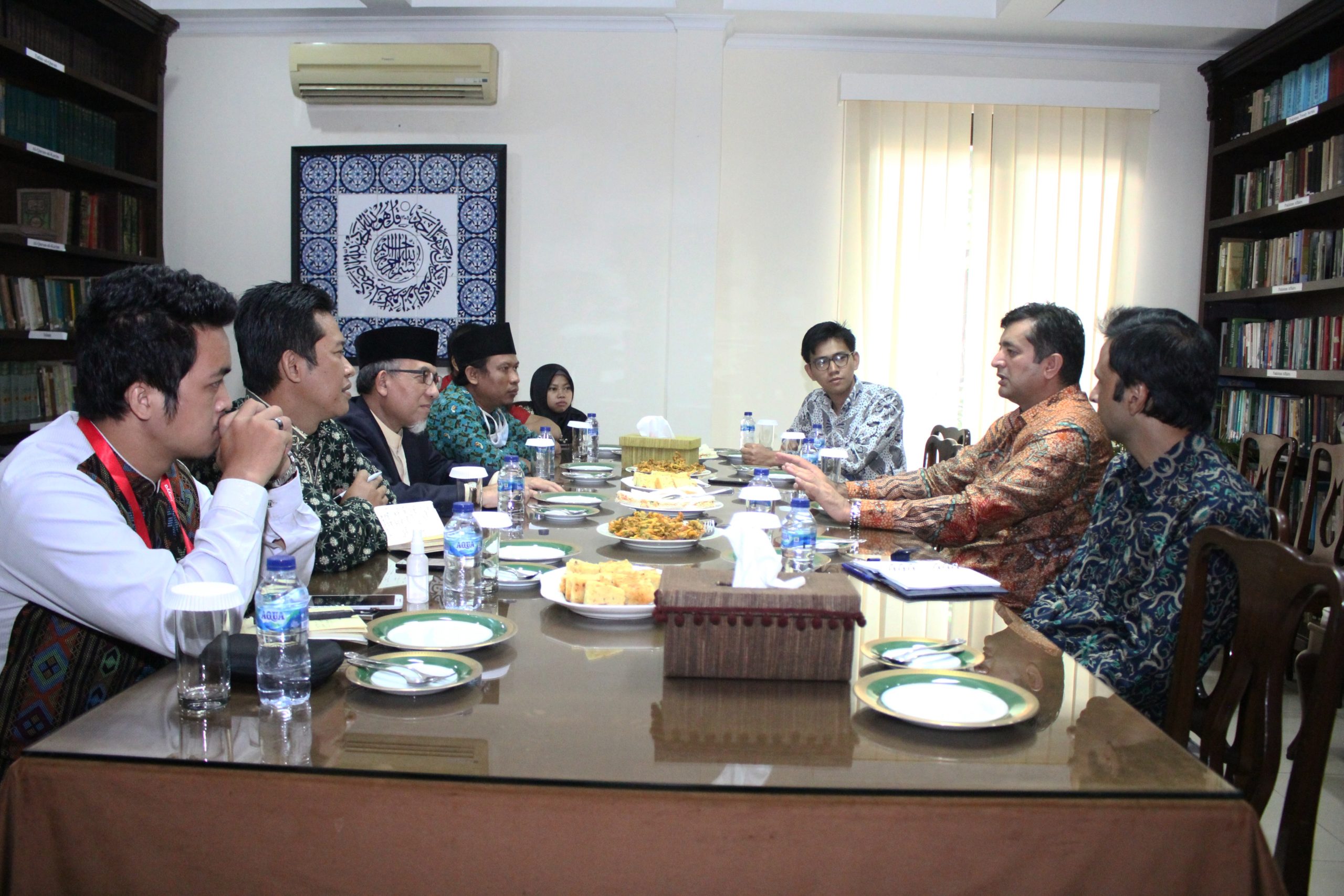


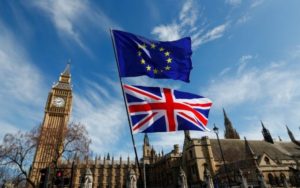



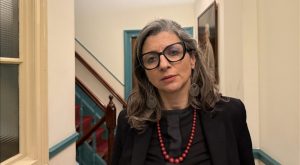


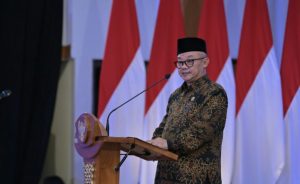
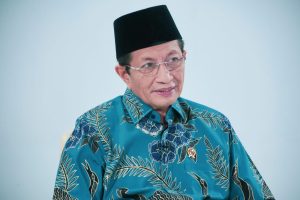
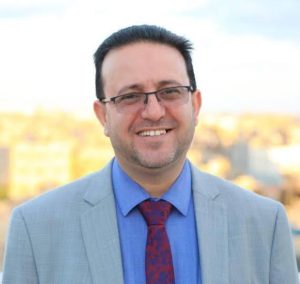
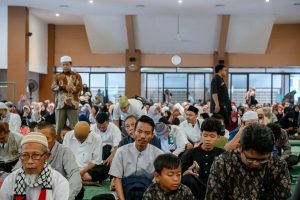
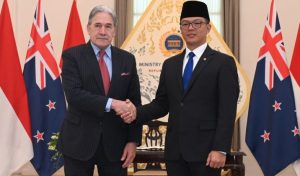
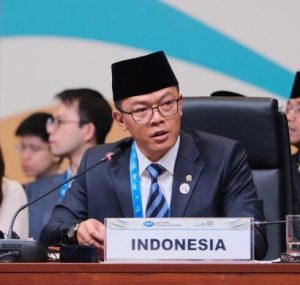



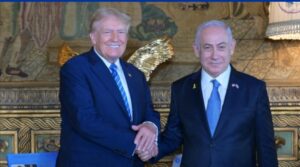


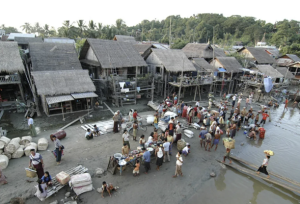




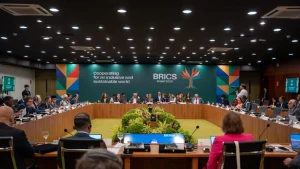



 Mina Indonesia
Mina Indonesia Mina Arabic
Mina Arabic